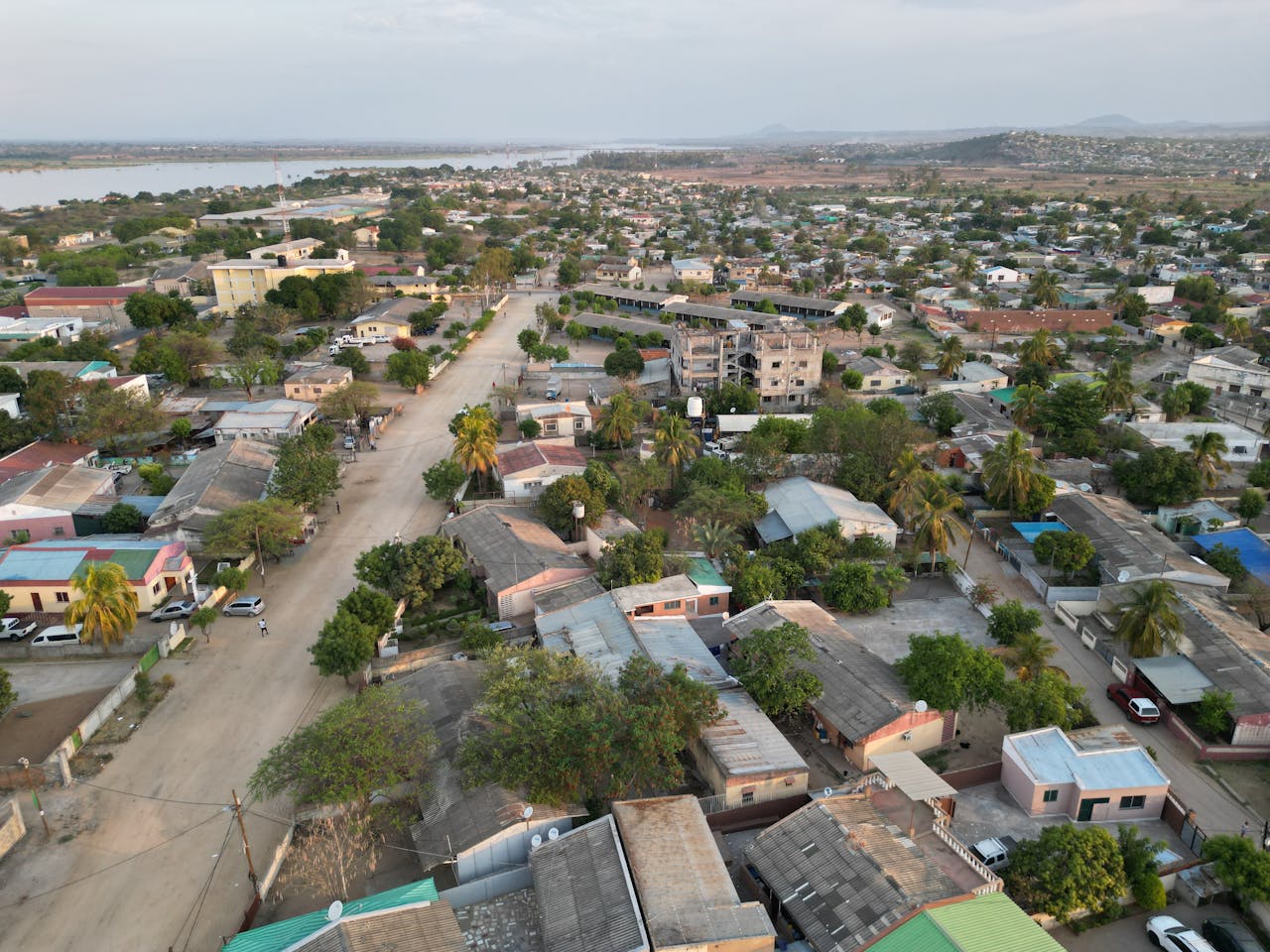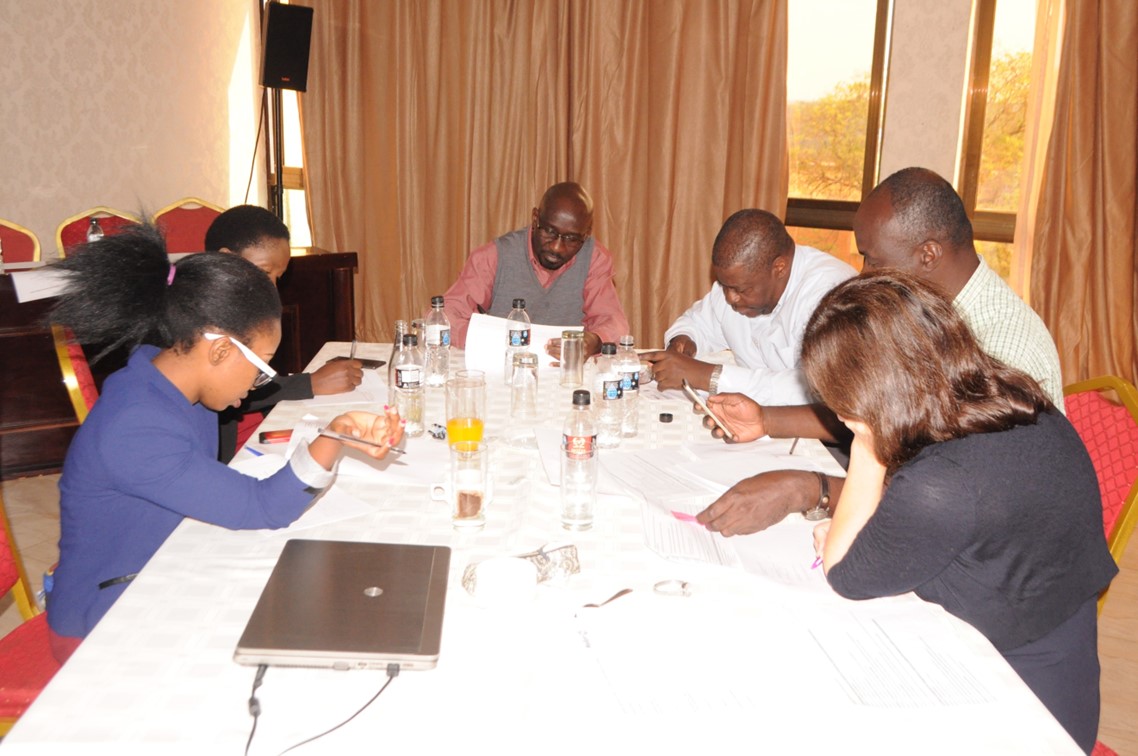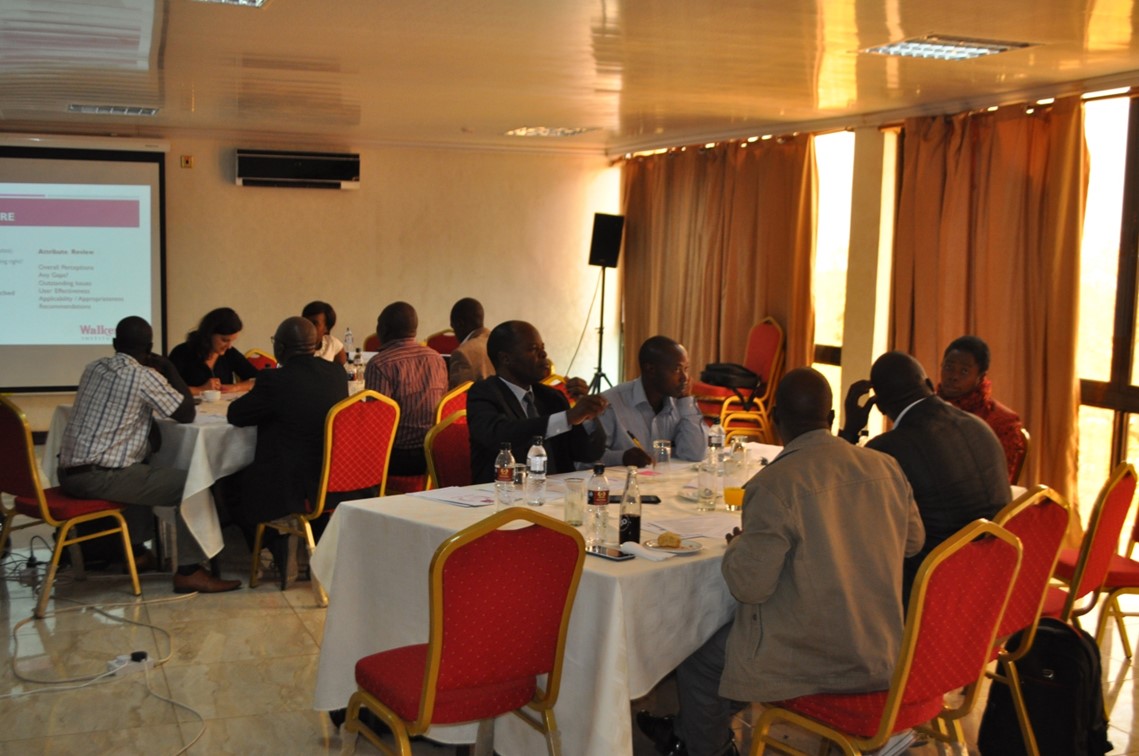Assessment of Climate Information Service Readiness
Countries / Regions
Malawi
Partners
WHO/WMO Joint Office
Funders
Global Framework for Climate Services
Timescale
Project Team
Prof. Rosalind Cornforth (PI), Dr. Celia Petty, Dr. Mackenzie Dove (Walker Institute, University of Reading); Dr. Joy Shumake-Guillemot (WHO-WMO Joint Office); Dr. Tiwonge Manda (Chancellors College, Malawi); Dr. Didacus Namanya (Uganda National Health Research Organization, UNHRO); Regina Lally, Kellie Peters (Databasix, UK)
Background
The Walker Institute initiated a multi-phase project in 2016–2017 to develop a Readiness Assessment Toolkit aimed at evaluating the capacity of health systems to integrate Climate Information Services (CIS). The project was designed to support the development of actionable guidance for improving climate-informed decision-making in health systems, particularly in areas such as disease surveillance and control.
The project was piloted in Malawi, with broader insights drawn from regional contexts including Uganda, the East African Community (EAC), and the Southern African Development Community (SADC). The initiative aligned with global frameworks such as the Global Framework for Climate Services (GFCS) and the International Health Regulations (IHR).


Our Research
The Walker Institute’s research into Climate Information Services (CIS) integration within health systems was conducted in three phases. Phase 1 focused on assessing the readiness of Malawi’s health sector to adopt CIS, identifying systemic challenges such as fragmented data systems, limited cross-sector collaboration, and inadequate technical capacity. Through interviews and workshops with stakeholders from health, climate, and policy sectors, the team developed a foundational understanding of the barriers and opportunities for CIS integration. This phase also laid the groundwork for defining key metrics and components necessary for a comprehensive readiness assessment.
In Phase 2, the Institute developed and tested a prototype Readiness Assessment Toolkit, designed to evaluate national and district-level capacities for CIS integration. The toolkit was structured around WHO’s Climate Services for Health Primer Framework and included a tiered metric system to assess foundational, developmental, and operational readiness. It was built to be adaptable across different system capabilities and connectivity levels, with a focus on supporting Climate-Health Focal Points and other stakeholders. The research also proposed a Monitoring, Evaluation and Learning (MEL) interface to track progress and inform policy and investment decisions. A third phase was proposed to finalize the toolkit, conduct in-country trials, and scale its application globally.
Our Research
The Walker Institute’s research into Climate Information Services (CIS) integration within health systems was conducted in three phases. Phase 1 focused on assessing the readiness of Malawi’s health sector to adopt CIS, identifying systemic challenges such as fragmented data systems, limited cross-sector collaboration, and inadequate technical capacity. Through interviews and workshops with stakeholders from health, climate, and policy sectors, the team developed a foundational understanding of the barriers and opportunities for CIS integration. This phase also laid the groundwork for defining key metrics and components necessary for a comprehensive readiness assessment.
In Phase 2, the Institute developed and tested a prototype Readiness Assessment Toolkit, designed to evaluate national and district-level capacities for CIS integration. The toolkit was structured around WHO’s Climate Services for Health Primer Framework and included a tiered metric system to assess foundational, developmental, and operational readiness. It was built to be adaptable across different system capabilities and connectivity levels, with a focus on supporting Climate-Health Focal Points and other stakeholders. The research also proposed a Monitoring, Evaluation and Learning (MEL) interface to track progress and inform policy and investment decisions. A third phase was proposed to finalize the toolkit, conduct in-country trials, and scale its application globally.

Our Impact
The project has established a strong foundation for climate-smart public health systems by developing a replicable assessment model that enables health sectors to evaluate their readiness for integrating Climate Information Services (CIS). It has strengthened collaboration between meteorological and health institutions, fostering joint development of climate-informed strategies. Through evidence-based readiness scores and tailored recommendations, the project has informed policy and investment decisions, while also building capacity for data-driven decision-making and early warning systems. Additionally, it has promoted regional coordination and harmonization of climate-health strategies, supporting more resilient and responsive health systems.
Key outcomes:
- A prototype toolkit tested in Malawi with plans for broader deployment.
- Strengthened engagement between government, academia, and civil society.
- Identification of sector champions and impact pathways for sustained advocacy.
- Contributions to international forums such as AU 2063 and COP 23.


